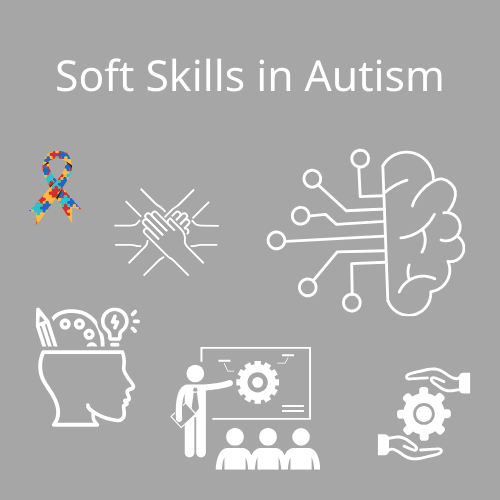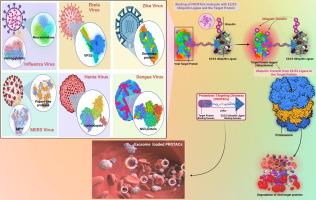01.02.2025
Soft skills, including communication, teamwork, adaptability, emotional intelligence, and problem-solving, are increasingly recognized as critical factors for success in modern workplaces. For individuals with autism spectrum disorder (ASD), these competencies are critical in overcoming challenges related to social interaction, workplace integration, and adapting to dynamic professional environments.





